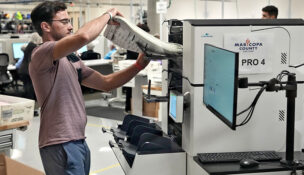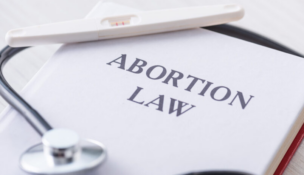Governor signs bill penalizing municipal use of tax incentives
Arizona Capitol Reports Staff//July 6, 2007//[read_meter]
Governor signs bill penalizing municipal use of tax incentives
Arizona Capitol Reports Staff//July 6, 2007//[read_meter]
Lobbyists for cities and towns failed to dissuade Gov. Janet Napolitano from signing a bill that penalizes municipalities in Maricopa and Pinal counties from offering tax incentives to lure businesses....
No tags for this post.

















